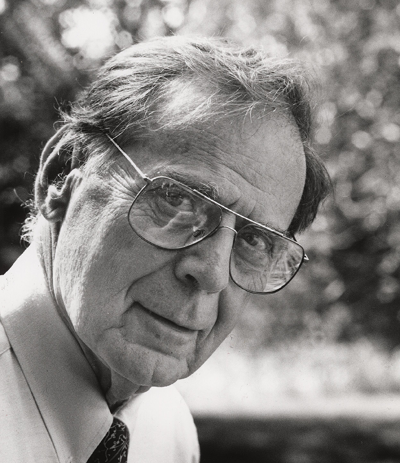Morton Deutsch
Founder of MD-ICCCR

The MD- ICCCR was founded in 1986 under the direction of Professor Emeritus Morton Deutsch, one of the world’s most respected scholars of conflict resolution. Professor Deutsch, an eminent social psychologist, has been widely honored for his scientific contributions involving research on cooperation and competition, social justice, group dynamics, and conflict resolution. He has published extensively and is well known for his pioneering studies in intergroup relations, social conformity, and the social psychology of justice. His books include: Interracial Housing Theories in Social Psychology (1965); The Resolution of Conflict Distributive Justice (1985); and The Handbook of Conflict Resolution: Theory and Practice (2000, 2006). Professor Deutsch’s work has been widely honored by such awards as the Kurt Lewin Memorial Award, the G.W. Allport Prize, the Carl Hovland Memorial Award, the APA Distinguished Scientific Contribution Award, and the Distinguished Research Scientist Award. Dr. Deutsch has also been president of a variety of organizations including the Society for the Psychological Study of Social Issues, the International Society of Political Psychology, and several Divisions of the APA. Morton Deutsch passed in 2017 at the age of 97.
Distributive Justice
This book is concerned with the social psychology of distributive justice. The concept of distributive justice centers on the fairness of the distribution of the conditions and goods that affect individual well-being. Issues of distributive justice pervade social life. They occur not only at the societal level but also in intimate social relations. They may arise whenever something of value is scarce and not everyone can have what he wants, or whenever something of negative value (a cost, a harm) cannot be avoided by all. They also may be brought into play whenever there is an exchange in a relationship.
Click here for a pdf of this book.